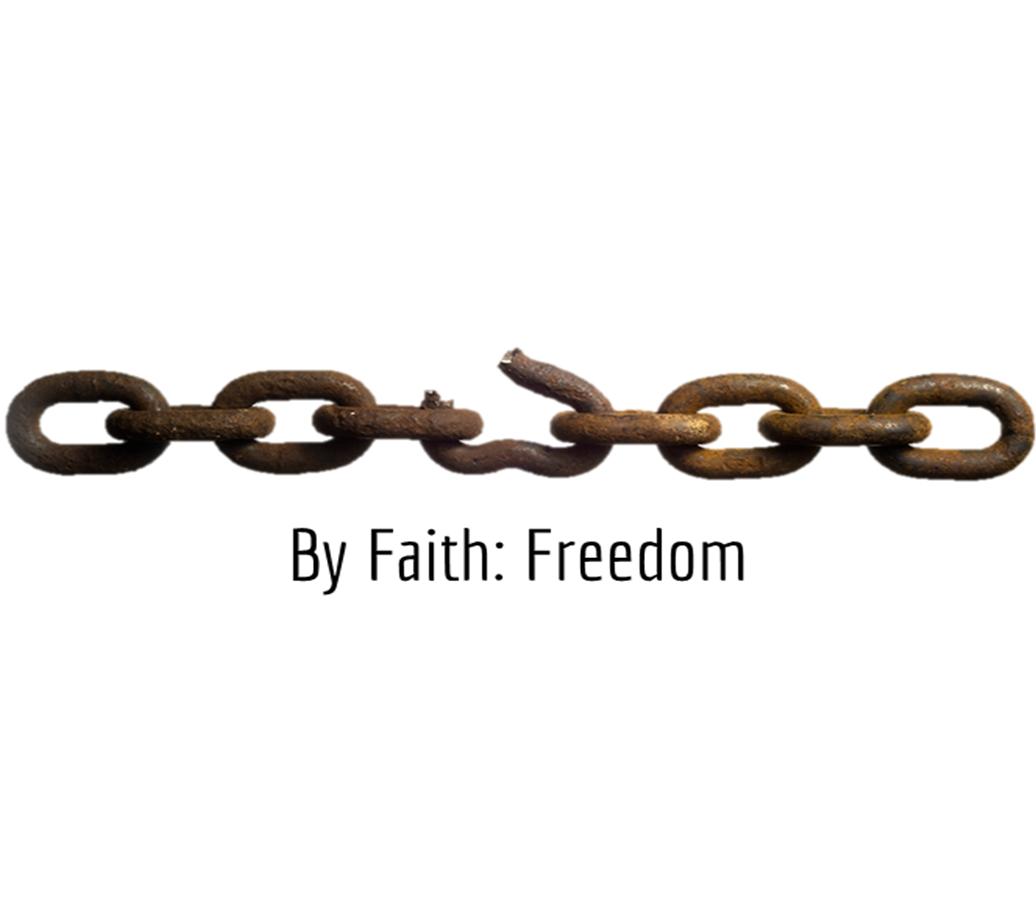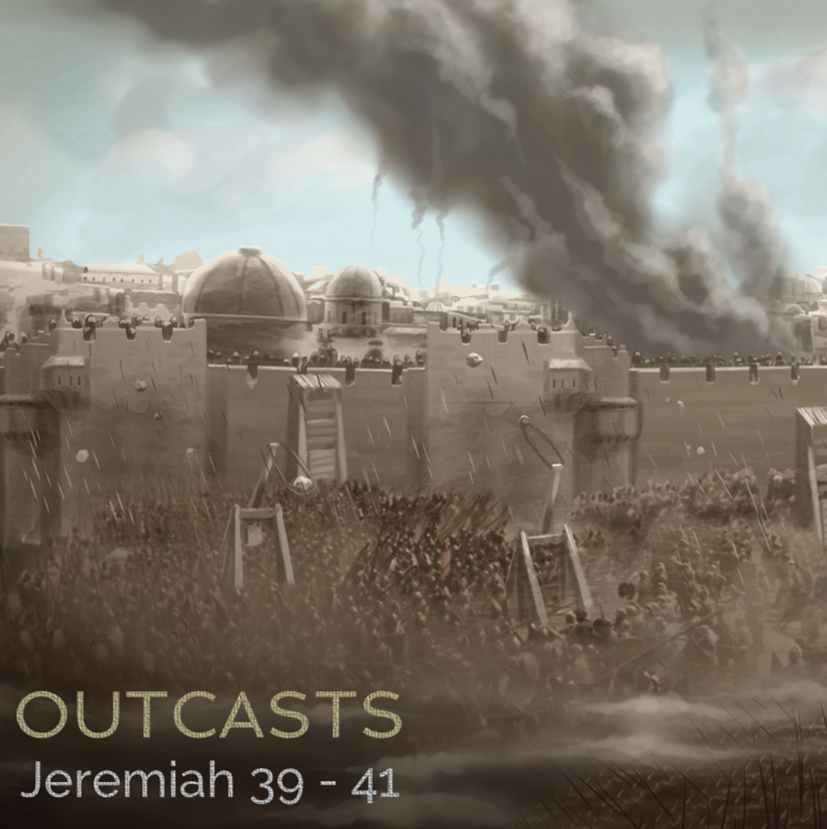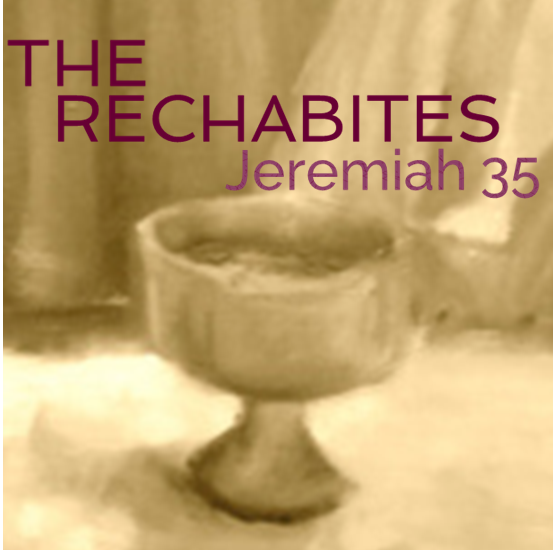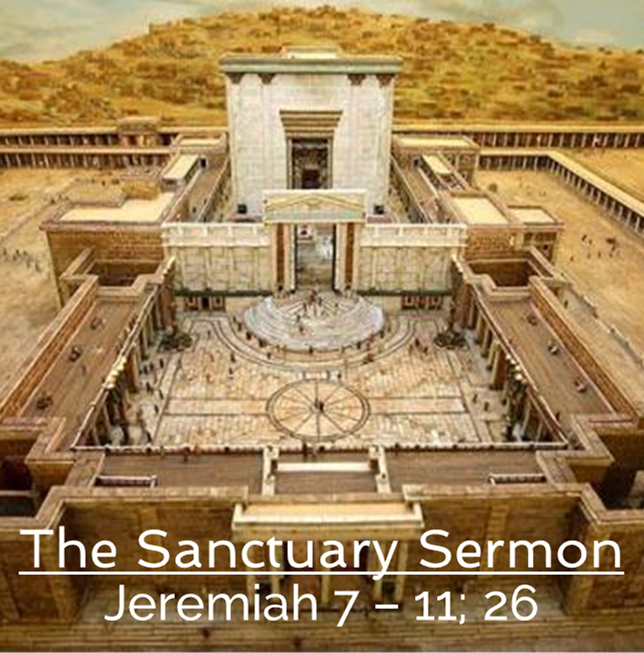Chosen by Faith
In our study of Romans 9-11, our main focus is GOD's sovereign ability to choose whom HE will save and how HE will save them.
Set Free by Faith
After proving justification by faith, Paul shows his Roman readers how they have been set free by faith in chapters 6-8. Paul reveals that we have been set free from sin (chapter 6), from the Law (chapter 7), and even from death (chapter 8).
Justified by Faith
After proving that none are righteous except GOD alone in chapters 1-3:20, Paul moves on to explain the good news of the Gospel of Christ in the following chapters. He begins his explanation of the gospel by making the point that we are justified by faith apart from works of the law (3:28).
The Righteousness of God
Paul’s explanation of the gospel starts off with the need for salvation (or the why). In the case of the cross, the good news is only necessary on account of the bad news. It is the sinful state of man that lends itself to the need for a savior.
Romans: Introduction
Often referred to as “Paul’s Gospel,” Romans is Paul's carefully crafted explanation of the good news of Christ.
Song of Songs
A short, often overlooked book full of rich, thought provoking content concerning the marriage relationship - "the Song of Songs, which is Solomon's."
A New Start
The bitter punishment of the nation of Israel had been realized. What was once a radiant light shining from the hill was now nothing more than a flickering glow hidden underneath the ruin of the once-mighty Jerusalem. The “gods” which Israel had chosen to protect them had failed miserably, while the true GOD was preparing to heal the wound of HIS fallen people.
Ears that Do Not Hear
The assassination of Gedaliah began a twenty-six-year period of no rule in Judah. In the absence of an official leader, Johanan does his best to organize the people near Bethlehem. What shall they do? The consensus was to flee to Egypt to avoid Nebuchadnezzar’s wrath. But first, they decided to hear what the Lord through Jeremiah had to say. Jeremiah had described his people as “having eyes but not seeing, having ears but not hearing” (Jeremiah 5:21). The people’s response to his prophecy proves that description to be correct.
Outcasts
2 Kings 24:20 reveals why Jerusalem met its tragic end: “For because of the anger of the Lord it came to the point in Jerusalem and Judah that he cast them out from his presence.” God’s patience had run its course, and it was time to end his relationship with his people, with most of them anyway.
The Faces of Zedekiah
During Jerusalem’s waning years, the officials of king Zedekiah threw one of the cities’ few righteous men into a deep, dark, ineffective cistern. As it turns out, the cistern that served as Jeremiah’s prison also served as an excellent metaphor for the king’s psychological state. Throughout Jeremiah chapters 37-38, Zedekiah wears a number of “faces,” all revealing his weakness as a leader over God’s people.
Lies & Liars
How do you know when someone's lying to you? The truth is pretty important, so we must have some way of knowing whether or not a person is lying to us. Jeremiah dealt with liars. They were misleading the nation he was appointed to guide. What did he do to expose their falsehood? In this lesson we will learn the tactics and the demise of those who twist the truth.
Evil Leaders
Isaiah said, “As with the people, so with the priest” (Isaiah 24:2). Whether the institution is a family, a government, a school, a business, or a church, the people believe and behave much like their leaders. Poor leaders make for an evil nation. Jeremiah reveals this to be true in this lesson.
When the Preacher Wants to Quit
Discouragement comes in many forms at many times. In Jeremiah 20, discouragement came to Jeremiah in the form of intense public humiliation at the hands of a prominent priest. Jeremiah’s personal doubts and secret thoughts are laid out before GOD after a night in the stocks.
The Rechabites
In spite of God’s constant pleading with the Israelites to turn back to Him, the Israelites continued to disregard the commands of their Lord. Israel’s deep betrayal is exposed in a new light in Jeremiah 35 by a living parable of the loyalty of an obscure sect of Kenite people known as the Rechabites.
The Burning Scroll
Evil men have tried to destroy the Word of God since God inspired prophets and apostles to write it down, yet the strategies of these enemies seem to be powerless against the Bible’s eternal words.
The Sanctuary Sermon
The section of Scripture from Jeremiah 7-11 is known as the “Temple Sermon” or the “Sanctuary Sermon.” While chapters 7-11 give the content of the sermon, chapter 26 records the narrative surrounding the sermon. Join us as we explore one of Jeremiah's great sermons.
Illustrations for Deaf Ears
Jeremiah had scolded his people, saying, “Hear this, O foolish and senseless people, who have eyes, but see not, who have ears, but hear not” (5:21). Perhaps this is why we see so many object lessons in his prophecy. Jeremiah was a preacher who had a tough audience. He used every means possible to penetrate the stubborn minds of his generation.
The Anatomy of a Broken Marriage
The imagery of GOD as the Husband of HIS people flows throughout the Bible (Hos. 1:2; Matt. 25:10-12; Rom. 7:4; 2 Cor. 11:2; Eph. 5:25-32; Rev 19:7). As with all marriages, the description of GOD's relationship with HIS people introduces the potential for love, joy, hurt, and betrayal. Jeremiah 2-6 takes a detailed look at the breakdown of the marriage between GOD and Judah during the early days of King Josiah's reign (609-604 B.C.).
Jeremiah's Call
Jeremiah chapter 1 serves as the prologue to a long, difficult life as a prophet for Jeremiah. In this first episode on Jeremiah we cover the text of Jeremiah's call in chapter 1, offer a brief introduction of the time period, the historical figures and themes of the book, and apply the lessons learned from chapter one in closing.
The Resurrection
The single most important day in human history: the resurrection of our LORD and Savior, Jesus Christ.





















